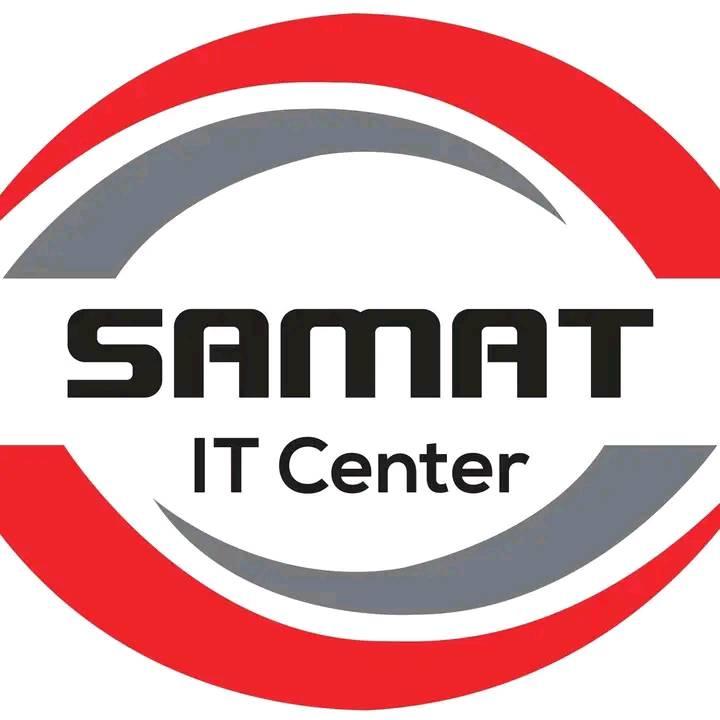Understanding the Fundamentals of Computers
In today's digital age, computers are integral to virtually every aspect of life. From smartphones and laptops to sophisticated servers and supercomputers, these devices perform a multitude of tasks that facilitate our daily activities and professional responsibilities. Understanding the fundamental principles of computers is essential for anyone looking to navigate the modern world effectively. This article explores the basic concepts and components that form the foundation of computer technology.
What is a Computer?
At its core, a computer is an electronic device that processes data according to a set of instructions called a program. It performs four primary operations: input, processing, storage, and output. These operations enable computers to perform a vast array of tasks, from simple calculations to complex simulations.
Key Components of a Computer
Hardware: This refers to the physical components of a computer. The main hardware components include:
- Central Processing Unit (CPU): Often referred to as the brain of the computer, the CPU performs most of the processing inside a computer. It executes instructions from programs through basic arithmetic, logic, control, and input/output (I/O) operations.
- Memory (RAM): Random Access Memory (RAM) is the computer’s short-term memory, which stores data and instructions that the CPU needs while performing tasks. More RAM allows a computer to handle more processes simultaneously.
- Storage: This includes devices like Hard Disk Drives (HDDs) and Solid State Drives (SSDs) that store data permanently. Unlike RAM, data in storage remains even when the computer is turned off.
- Motherboard: The main circuit board that houses the CPU, memory, and other essential components. It also provides connectors for other peripherals.
- Input Devices: Tools like keyboards, mice, and scanners that allow users to input data into the computer.
- Output Devices: Devices such as monitors and printers that display or output the results of the computer’s processes.
Software: This encompasses the programs and operating systems that run on the hardware and perform various tasks. Software can be broadly categorized into:
- System Software: This includes the operating system (e.g., Windows, macOS, Linux) and all utility programs that manage computer resources at a low level.
- Application Software: Programs that perform specific tasks for users, such as word processors, web browsers, and games.
How Computers Work
Computers operate based on the principle of the stored-program concept, where instructions for computation are stored in the computer’s memory. Here’s a simplified breakdown of the process:
- Input: The computer receives data through input devices. For instance, when typing on a keyboard, the keystrokes are converted into data the computer can process.
- Processing: The CPU processes the input data by performing calculations and executing instructions from software programs. This step involves fetching instructions from memory, decoding them, and then executing them.
- Storage: The processed data can be stored temporarily in RAM or permanently on storage devices like HDDs or SSDs.
- Output: The results of the processing are sent to output devices. For example, processed text might be displayed on a monitor or printed on paper.
The Evolution of Computers
The history of computers can be traced back to the early mechanical calculators and punch card systems of the 19th century. The development of electronic computers began in the mid-20th century with machines like ENIAC and UNIVAC. Since then, computers have undergone tremendous evolution in terms of size, speed, and functionality. The invention of the microprocessor in the 1970s revolutionized computing, leading to the proliferation of personal computers.
The Role of Computers in Modern Society
Computers have become ubiquitous in contemporary society, playing critical roles in various fields:
- Education: Facilitating learning through online courses, educational software, and research tools.
- Healthcare: Managing patient records, supporting diagnostic procedures, and enabling telemedicine.
- Business: Streamlining operations, enhancing productivity through office software, and supporting e-commerce.
- Science and Engineering: Assisting in complex calculations, simulations, and data analysis.
- Entertainment: Providing platforms for gaming, streaming, and social media.
Conclusion
Understanding the fundamentals of computers is crucial in a world where technology is ever-present. By grasping the basic components and operations of computers, individuals can better appreciate how these powerful tools enhance productivity, communication, and innovation across various sectors. As technology continues to advance, a solid foundation in computer fundamentals will remain invaluable.

